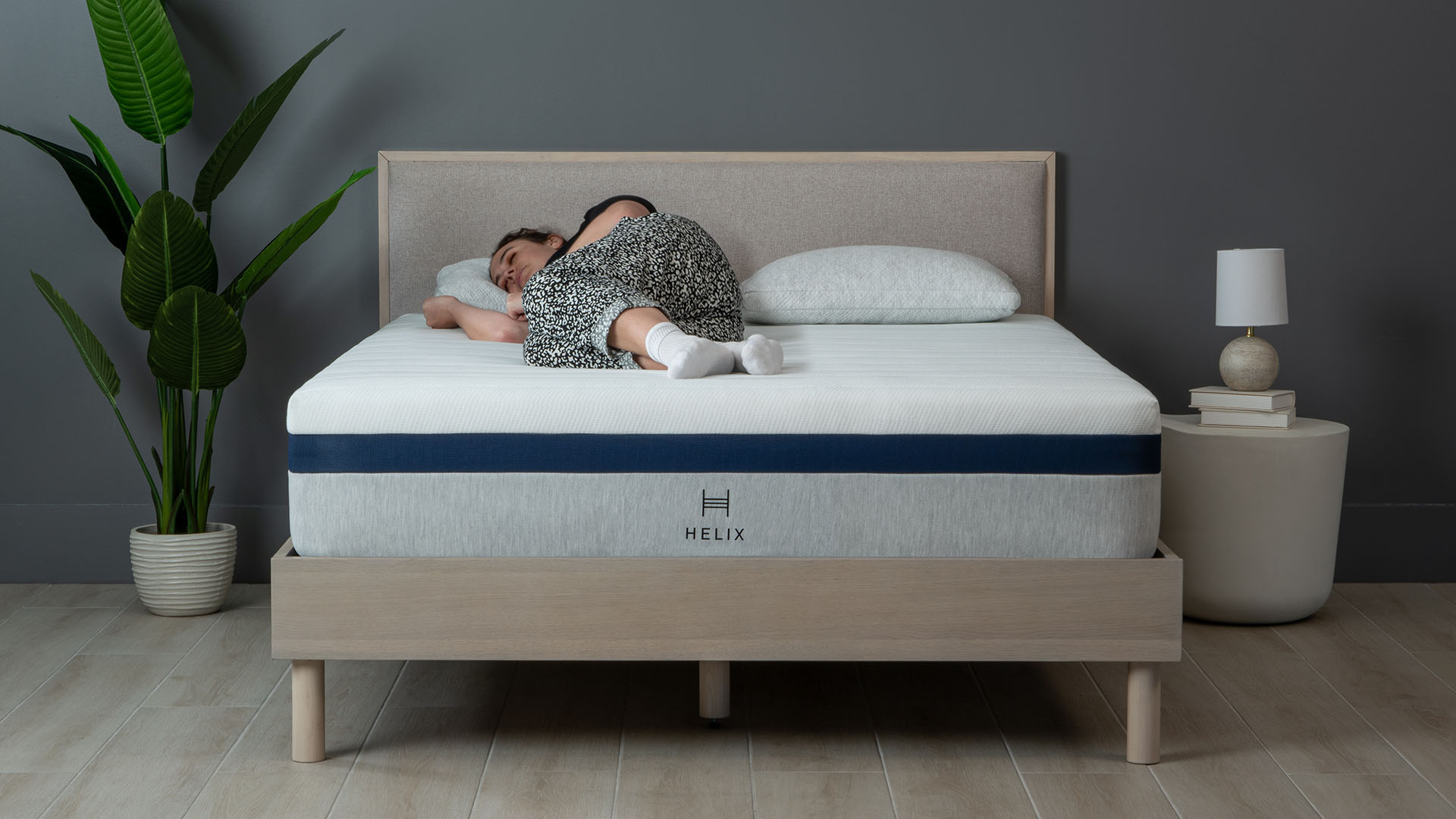- Empty cart.
- Continue Shopping
How to Choose the Right Mattress for Spinal Health: A Comprehensive Guide

A good night’s sleep is essential for overall health and well-being, and your choice of mattress plays a pivotal role in achieving that. When it comes to spinal health, selecting the right mattress becomes even more critical. A mattress that properly supports your spine can help prevent discomfort and alleviate existing issues.
Understanding the Importance of Spinal Health
1. The Role of the Spine
The spine serves as the central support structure for the body, consisting of vertebrae, discs, and ligaments. A healthy spine maintains proper alignment, supports body weight, and protects the spinal cord and nerves.
2. The Link Between Sleep and Spinal Health
Quality sleep is crucial for spinal health. During sleep, the spine has the opportunity to decompress, repair, and regenerate. A supportive mattress can facilitate this process, while an unsuitable one may contribute to or exacerbate spinal problems.
Factors to Consider When Choosing a Mattress for Spinal Health
3. Firmness Level
The firmness of a mattress is a key consideration. While personal preference plays a role, it’s generally recommended to choose a mattress that falls within the medium-firm range. A mattress that is too soft can cause the spine to sink, while an overly firm mattress may not provide adequate support.
4. Mattress Type
There are various mattress types to choose from, including innerspring, memory foam, latex, and hybrid mattresses. Each type has its advantages:
- Memory Foam: Offers excellent contouring and support, conforming to the natural curvature of the spine.
- Latex: Provides a balance of support and comfort, often with natural hypoallergenic properties.
- Innerspring: Offers a bouncy feel and good support but may not contour to the spine as well as foam mattresses.
- Hybrid: Combines the benefits of different materials, such as memory foam and innerspring coils, to offer both support and comfort.
5. Support
A mattress should provide even support across the entire body, from the head to the feet. This prevents any one part of the body from sinking too deeply into the mattress, which can lead to misalignment and discomfort.
6. Spinal Alignment
Proper spinal alignment is paramount for spinal health. Your mattress should keep your spine in a neutral position, meaning it maintains its natural curvature without any excessive arching or flattening.
7. Pressure Relief
Look for a mattress that distributes body weight evenly, particularly in areas like the shoulders, hips, and lower back. This helps prevent pressure points that can lead to discomfort and pain.
8. Motion Isolation
If you share your bed, consider a mattress with good motion isolation. This feature minimizes the transfer of movement from one side of the bed to the other, ensuring uninterrupted sleep.
9. Edge Support
A mattress with strong edge support allows you to sit or sleep near the edge without feeling like you might roll off. This can be beneficial for spinal health, as it provides consistent support across the entire surface.
10. Durability
Invest in a durable mattress that will maintain its support and comfort over time. High-quality materials and construction can ensure the mattress lasts for years without sagging or losing its shape.
11. Allergies and Sensitivities
If you have allergies or sensitivities, consider hypoallergenic mattress options that resist dust mites, allergens, and other irritants.
12. Trial Period and Warranty
Many mattress retailers offer trial periods and warranties. Take advantage of these to ensure the mattress is the right fit for your spinal health. A mattress that feels comfortable in a showroom may not provide the necessary support for your spine over time.
Testing a Mattress for Spinal Health
13. Visit Showrooms
Visit mattress showrooms to try out different mattresses. Spend at least 15 minutes on each mattress, lying in your preferred sleep position. Pay attention to how your spine feels while lying down.
14. Ask Questions
Don’t hesitate to ask questions about the mattress’s features, materials, and support capabilities. The salesperson should be able to provide information to help you make an informed choice.
15. Read Reviews
Research online reviews and customer feedback to gain insights into how a mattress has performed for others, especially those with similar spinal health concerns.
In Conclusion, Selecting the right mattress for spinal health is a crucial decision that can greatly impact your overall well-being. By considering factors such as firmness, mattress type, support, alignment, pressure relief, and durability, you can make an informed choice that promotes a healthy spine and ensures restful sleep. Remember that personal comfort preferences also play a role, so take your time testing mattresses and asking questions. Investing in a quality mattress that supports your spinal health is an investment in your long-term comfort and vitality. Your spine will thank you for it.








